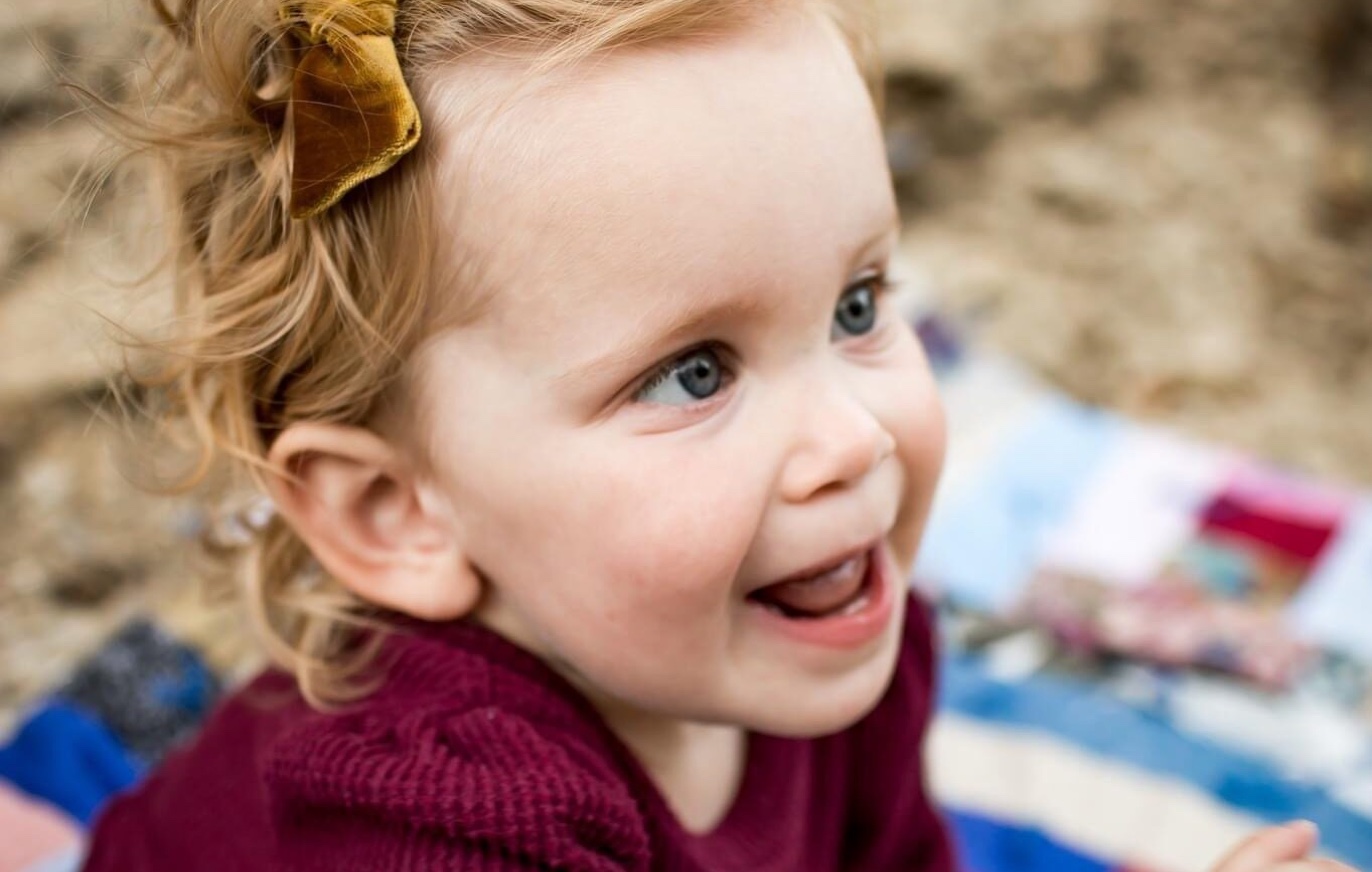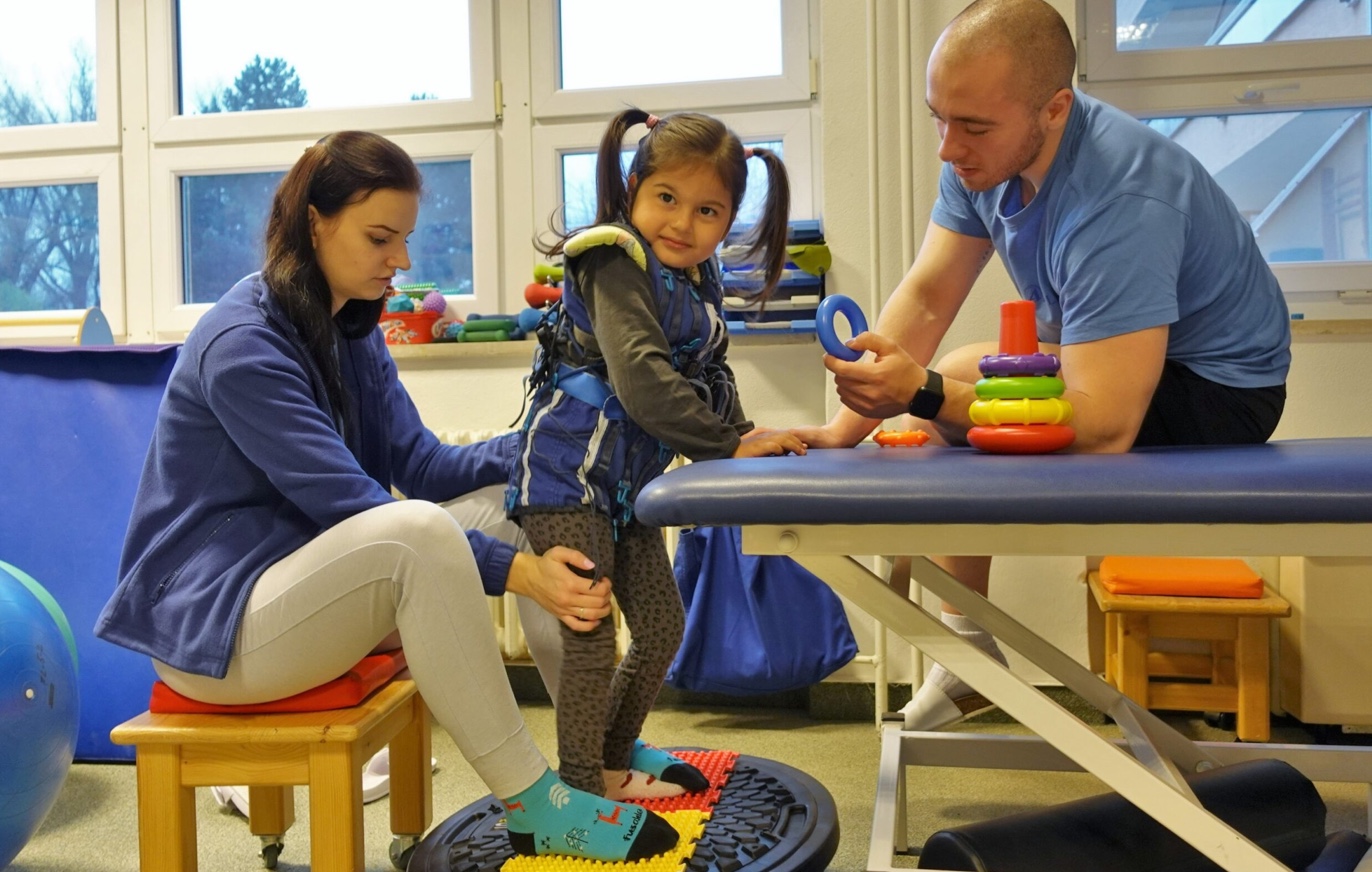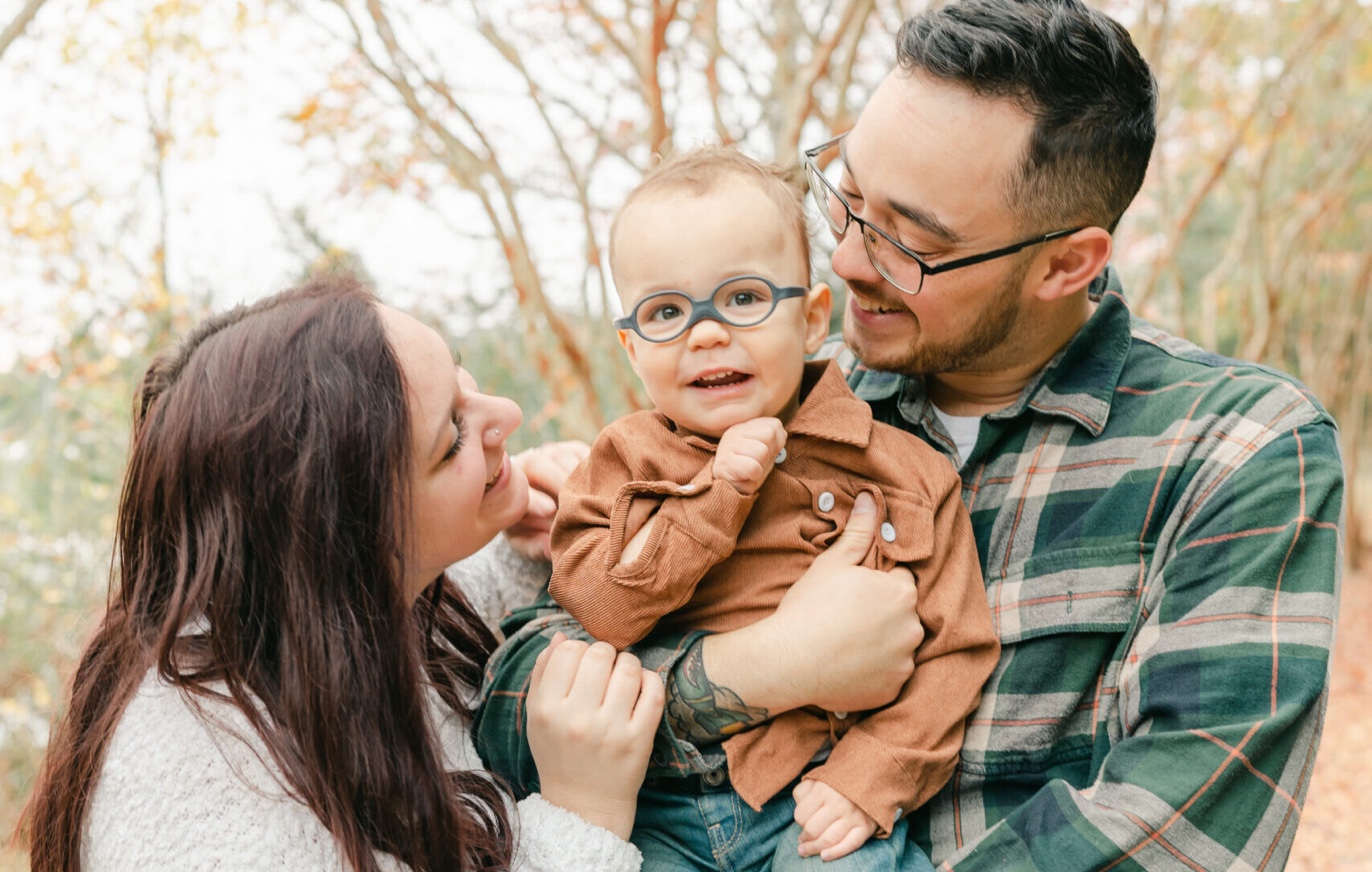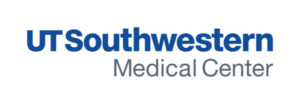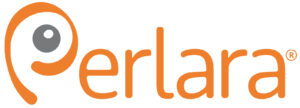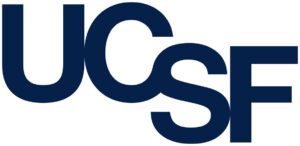Waiting for others isn’t an option — our time to act is now. Together, we must take bold steps to advance research, drive progress, and create the change that will bring us closer to a cure for Leigh Syndrome and all other mitochondrial diseases.
Bradlee, Never forgotten, USA
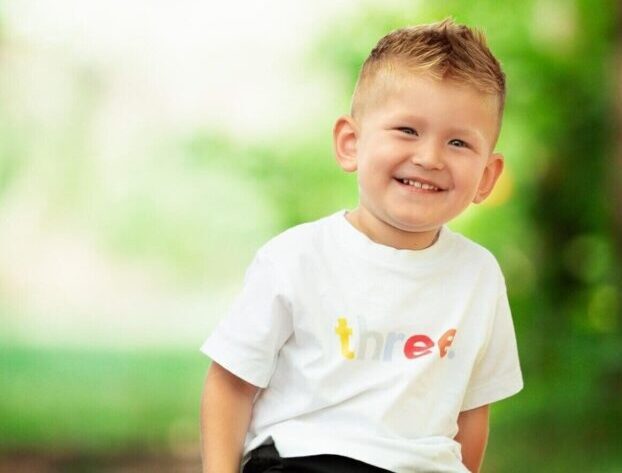
Zander, USA
Introduction
We, as families of children with rare diseases, take on roles as advocates, educators, and pioneers in research. We organize fundraisers, raise awareness, and collaborate closely with scientists to advance understanding and treatment. Our determination not only fuels our efforts but also inspires communities far and wide to join us in supporting research initiatives, all driven by the shared hope for breakthroughs that will change lives.
Gene Therapy Process
Gene therapy is a revolutionary approach to treating genetic diseases, where a one-time treatment can provide a lifetime of benefits. Instead of treating just the symptoms, gene therapy fixes the disease at the source by replacing the defective gene with a healthy copy.
A healthy copy of the patient's defective gene is loaded into a virus that has been stripped of its own DNA.
Trillions of viruses, each containing a healthy copy of the gene, are injected into the patient's spinal fluid.
The viruses bind to cells in the patient's spinal cord and brain and deliver healthy gene's to the cell's nucleus.
Leigh Syndrome Gene Therapy Program
SURF1 Gene Therapy Program
The Cure Mito Foundation and the Steven Gray Lab at UT Southwestern (UTSW) collaborate on SURF1 AAV9 Gene Replacement Therapy for Leigh syndrome. The therapy aims to deliver a functional SURF1 gene using AAV9 to restore mitochondrial function. This innovative treatment offers hope for improving outcomes in Leigh syndrome patients.
For more information or to support the cause, contact kasey@curemito.org.

ECHS1 Gene Therapy Program
The Cure Mito Foundation is working to collaborate on an ECHS1 AAV9 Gene Replacement Therapy for Leigh syndrome. The therapy aims to deliver a functional ECHS1 gene using AAV9 to restore mitochondrial function. This innovative treatment offers hope for improving outcomes in ECHS1 Deficiency patients.
For more information or to support the cause, contact bill@curemito.org.

MT-ATP6 Gene Therapy Program
The Cure Mito Foundation, Qinglan Ling Lab at UMass, Michal Minczuk Lab at Cambridge, Alessandro Prigone Lab at University of Dusseldorf, and the Steven Gray Lab at UT Southwestern, collaborate on MT-ATP6 AAV9 Gene Replacement Therapy for Leigh syndrome. The therapy aims to deliver a functional MT-ATP6 gene using AAV9 to restore mitochondrial function. This innovative treatment offers hope for improving outcomes in Leigh syndrome patients.
For more information or to support the cause, contact kasey@curemito.org.

Don’t see your gene listed?
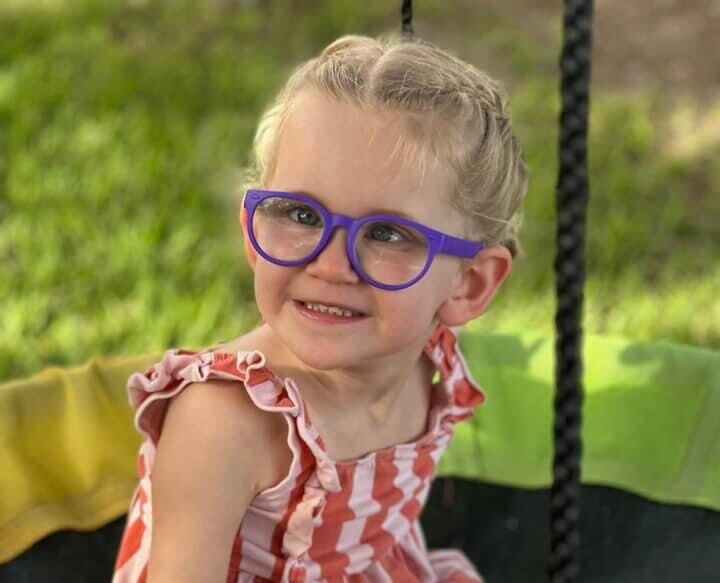
Millie, USA
Drug Repurposing
Drug-repurposing studies aim to identify effective treatments by testing existing drugs for new therapeutic uses. Cure Mito is actively exploring this approach to address specific gene variations associated with Leigh Syndrome. By repurposing drugs already approved for other conditions, we hope to accelerate the development of treatments that can significantly impact patients’ lives. We invite collaboration from researchers, clinicians, and industry partners to expand this vital research and provide much-needed support to the Leigh Syndrome community.
Make a Donation
Your support can help us accelerate the discovery of a cure and bring hope to countless families affected by Leigh Syndrome. Together, we can drive groundbreaking research, fund innovative treatments, and move closer to a future where a cure is within reach.
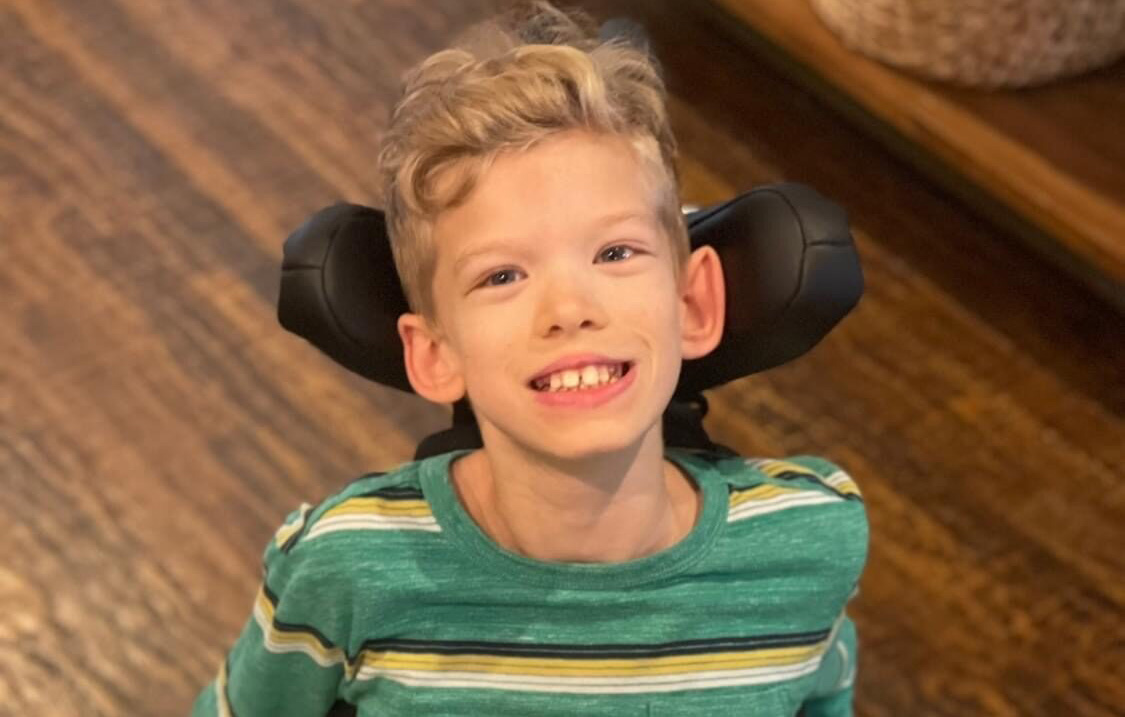
Will, USA
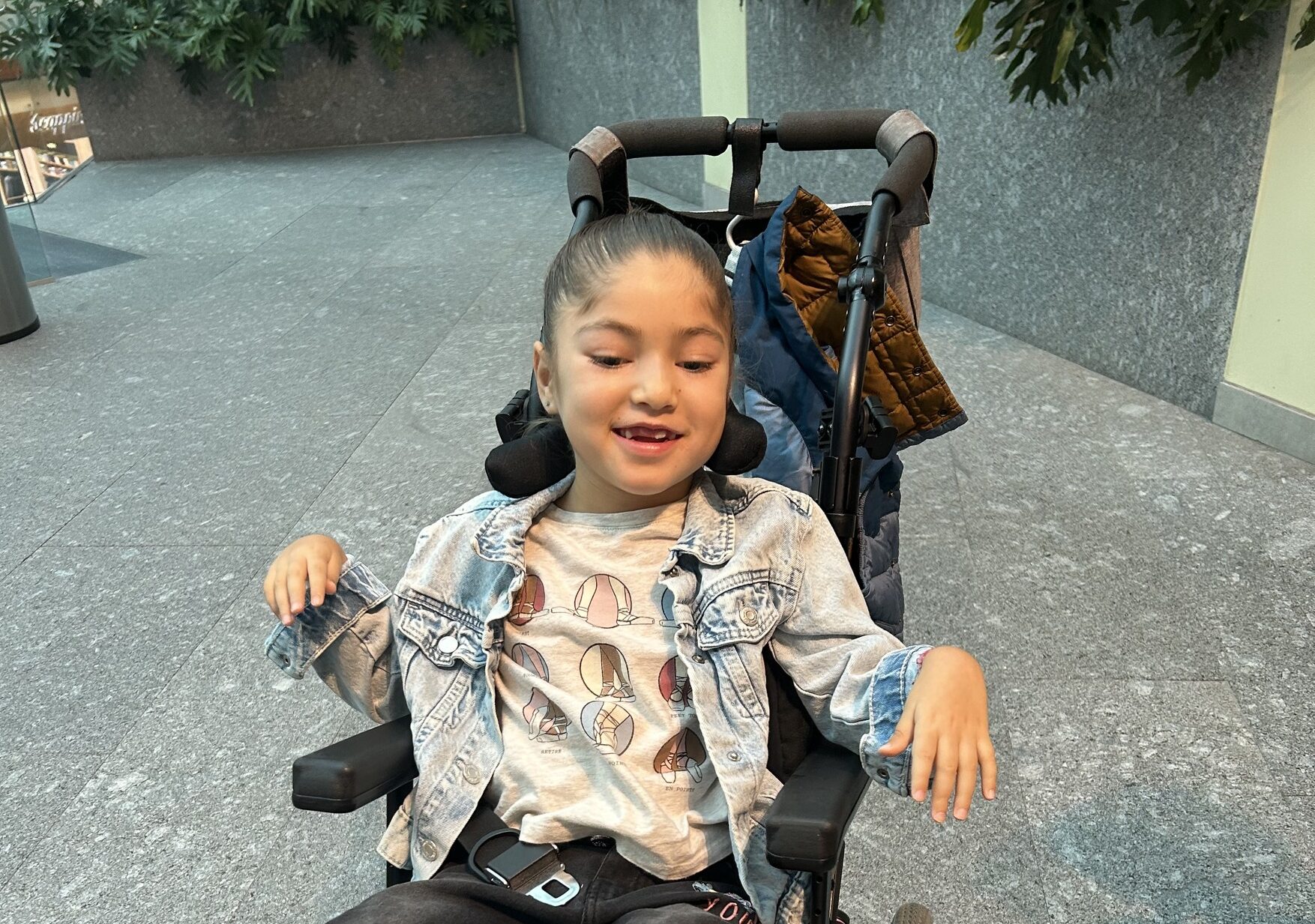
Raquel, Mexico
Create a Campaign
Families from around the world are partnering with Cure Mito Foundation to raise funds for mitochondrial disease research programs that get us closer to treatments or cures for our children.
Please email info@curemito.org if you would like information about starting a fund in honor or memory of your loved one.
We're in this together
Partners
Testimonials
Patients are crucial to successful drug development, because it is individual patients, not diagnoses, who respond to treatments. Parent-led foundations like Cure Mito are the essential patient-centric catalysts for researchers, industry, and regulators to collaboratively work hand-in-hand with patients to truly address patient
- Richard Novak, PhDCEO and Co-Founder, Unravel Biosciences
needs.
My journey on mitochondrial diseases started with Cure Mito. Their kids give me an opportunity to be part of this team to use my scientific knowledge and curiosity to find a gene therapy treatment. Their determination and dedication inspire me to continue this journey by training young scientists, making discoveries, and raising awareness.
- Qinglan Ling, PhDAssistant Professor, UMass Chan Medical School

